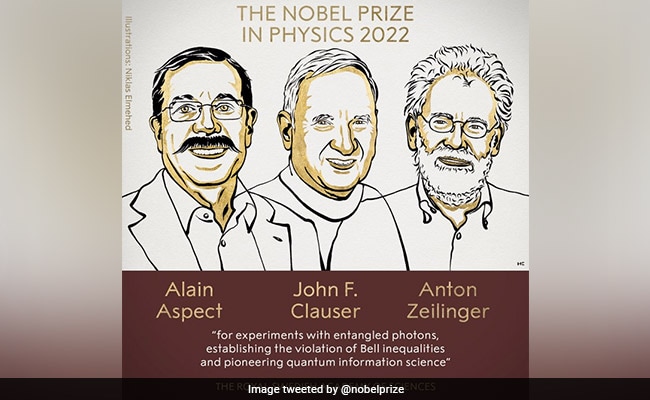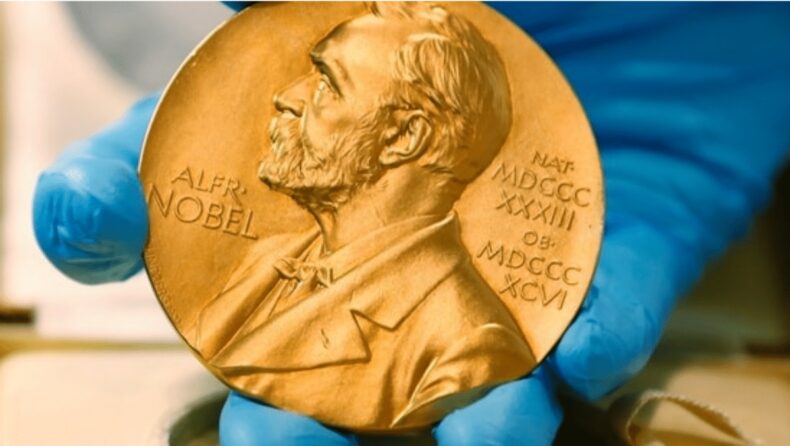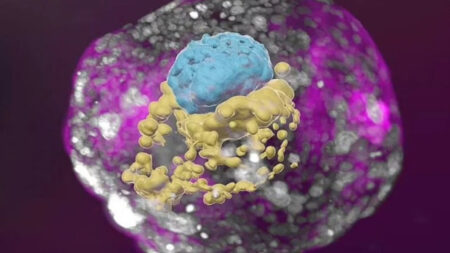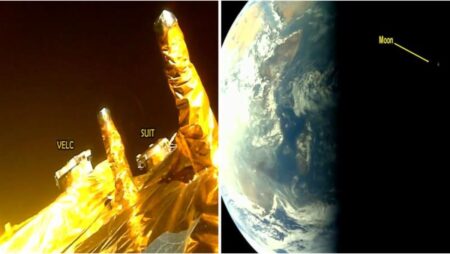For their ground-breaking experiments utilising entangled quantum states, in which two particles act as a single unit even when they are separated, John Clauser, Alain Aspect, and Anton Zeilinger have been awarded the Physics Nobel Prize.
The Royal Swedish Academy of Sciences announced on October 4, 2022 that Alain Aspect, John F. Clauser, and Anton Zeilinger will share the 2022 Nobel Prize in Physics for their contributions to quantum mechanics.
The violation of Bell inequalities, studies with entangled photons, and groundbreaking work in quantum information science were all recognised with the 2022 Nobel Prize in Physics, according to the academy.
The experimental instruments created by the 2022 physics laureates have created a new age of quantum technology. With this, we will have access to tools with unanticipated potential because of our ability to control and govern quantum states and all of their layered features.
Intense research and development are being done to build quantum computers, enhance measurements, build quantum networks, and establish secure quantum encrypted communication using the unique features of individual particle systems.

Nobel Laureates & Their Contributions
John Clauser, the recipient of the Nobel Prize this year, created a device that simultaneously released two entangled photons, sending each one toward a filter that measured their polarisation. The outcome was in line with quantum mechanical expectations and clearly violated a Bell inequality.
The arrangement Alain Aspect used to bridge a significant gap earned him the 2022 Nobel Prize in Physics. After an entangled pair had left its source, he was able to change the measurement settings, ensuring that the settings in place at the time the pair was released had no bearing on the outcome.
The 2022 Physics Nobel Laureate Anton Zeilinger studied entangled quantum states. His research team has proven the existence of a phenomena known as quantum teleportation, which enables the remote transfer of a quantum state from one particle to another.
Using entangled quantum states, in which two particles act as a single unit even when they are separated, the 2022 Nobel Prize winners in physics have carried out ground-breaking research.
The outcomes have paved the door for new quantum information-based technology.
The experimental instruments created by the 2022 physics laureates have created a new age of quantum technology. According to the academy, being able to control and govern quantum states and all of their layered features provides us access to technologies with unanticipated potential.
It further stated that significant research and development are being done to build quantum computers, enhance measurements, build quantum networks, and create secure quantum encrypted communication by utilising the unique qualities of individual particle systems.
One of the award recipients, Anton Zeilinger, remarked, “I’m still extremely stunned, but it’s a very good shock. I was taken aback when I received the call an hour ago.
Physics laureate Alain Aspect found out that he received the Nobel Prize while in a meeting with the physics department of l’Académie des Sciences.
In his field of study, it has been shown that a phenomena known as quantum teleportation, which enables the remote transfer of a quantum state from one particle to another, actually exists.
In his explanation of the idea of quantum teleportation, he stated that it makes use of the properties of entanglement that may be utilised to transfer information that an item is carrying to another location where the thing is then reconstructed. Since knowing the information would go against Heisenberg’s uncertainty principle, which stipulates that an object’s location and momentum cannot be measured precisely at the same time even in theory, this may be done without knowing the information.
“As of now, this can only be done on extremely tiny particles.” It is critical for information flow between quantum computers,” he stated.
Last year, the academy recognised Japanese and American researcher Syukuro Manabe and German Klaus Hasselmann for their work on climate models, while Italian Giorgio Parisi was also recognised for his work on the interaction of disorder and variations in physical systems.
The physics award is announced on Tuesday, followed by the chemistry prize on Wednesday, and the literary and peace prizes are announced on Thursday and Friday, respectively.
Svante Paa bo, a Swedish paleogeneticist who analysed the Neanderthal genome and found the previously unknown hominid Denisova, was awarded the Nobel Prize in Medicine on Monday.













